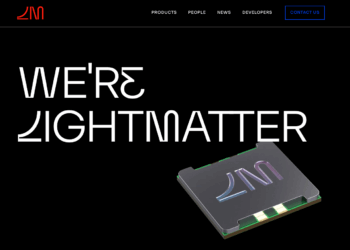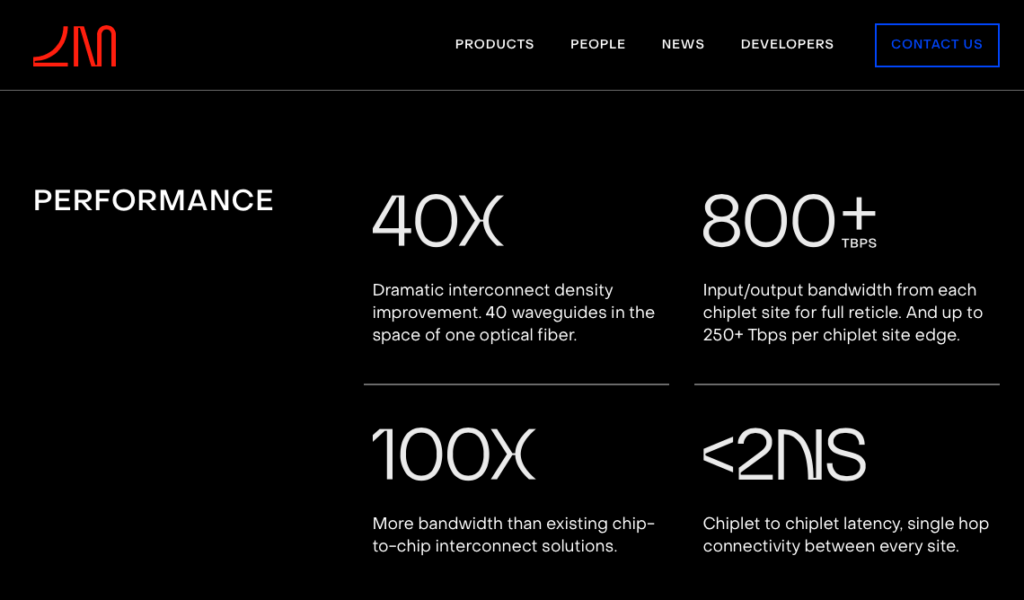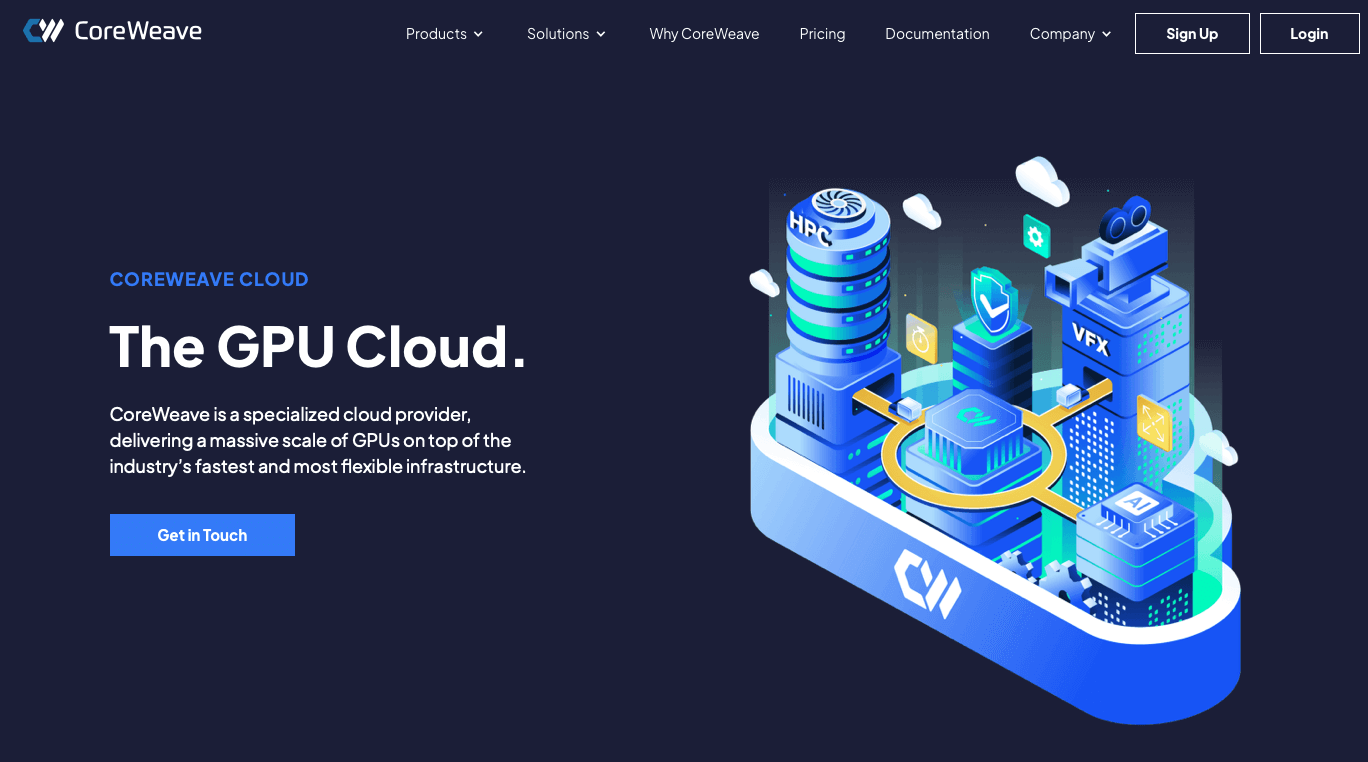Lightmatter, a start-up based in Boston, raised a $154 million Series C investment round for its photonic interconnects and processors.
Lightmatter’s photonics-enabled products encompass a full stack of hardware and software for AI and supercomputing applications.
“Rapid progress in artificial intelligence is forcing computing infrastructure to improve at an unprecedented rate. The energy costs of this growth are significant, even on a planetary scale,” said Lightmatter co-founder and CEO, Nick Harris. “Generative AI and supercomputing will be transformed by photonic technologies in the coming years, and our investors, partners, and customers are aligned with Lightmatter’s mission of enabling the future of computing infrastructure with photonics.”
The new funding came from SIP Global, Fidelity Management & Research Company, Viking Global Investors, GV (Google Ventures), HPE Pathfinder and existing investors.
Lightmatter has now raised a total of over $270 million to date.
- In 2022, the company announced significant growth with the recruitment of top talent to its leadership team, including Richard Ho, who led Google’s Tensor Processing Unit program, and Ritesh Jain, who led datacenter chip packaging at Intel, as VPs of Hardware Engineering. Lightmatter also announced Jessie Zhang, who led corporate financial planning at Apple, as VP of Finance, and Steve Klinger, former VP at Innovium, as VP of Product.


















